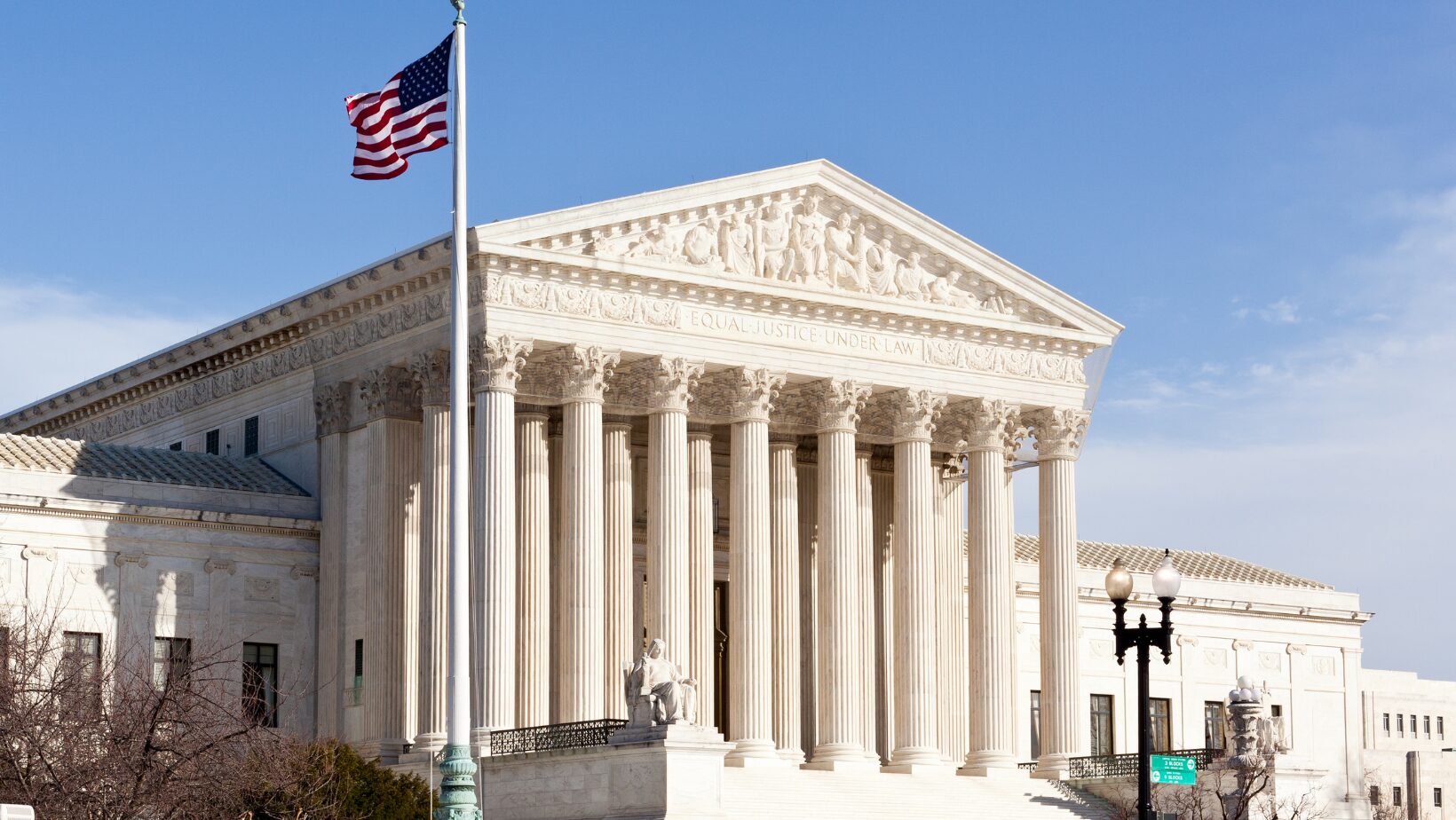On June 28, 2024, the Supreme Court of the United States issued a landmark ruling in Loper Bright Enterprises v. Raimondo, overturning the 40-year-old Chevron deference doctrine. This decision has significant implications for federal agencies’ rulemaking and enforcement of labor and employment laws. Here’s what HR managers and business leaders need to know and consider.
Quick Facts
- The Supreme Court held that courts must exercise their independent judgment in deciding whether an agency acted within its statutory authority and may not defer to an agency’s interpretation when a law is ambiguous.
- The decision overruled the four-decades-old doctrine known as Chevron deference, in which courts had deferred to agencies’ reasonable interpretations of ambiguous statutes.
- This ruling will have a major impact on federal agencies’ rulemaking authority.
Key Details of the Ruling
In the opinion of the Court, Chief Justice John Roberts wrote that Chevron deference “defies the command of the” Administrative Procedure Act (APA) that courts “not the agency whose action it reviews… ‘decide all relevant questions of law’ and interpret… statutory provisions.” The Court rejected the presumption that ambiguities in federal statutes are implicit delegations of authority to agencies, stating that agencies have no special competence in resolving statutory ambiguities.
Implications for Employers
This ruling has profound implications for employers, particularly in areas regulated by federal agencies such as the Equal Employment Opportunity Commission (EEOC), the Department of Labor (DOL), the National Labor Relations Board (NLRB), and the Occupational Safety and Health Administration (OSHA).
1. Increased Litigation Risks
- Legal Challenges: Expect an uptick in legal challenges against federal agency rules. Businesses should be prepared for the possibility of more frequent and intense legal scrutiny.
- Existing Rules: Rules that were upheld under Chevron deference may now face new challenges and potential overturning. Employers must monitor these developments closely.
- New Rules: New agency rules might be challenged more frequently, leading to increased legal uncertainty. Employers should prepare for this and implement compliance mechanisms.
2. Compliance and Rulemaking Changes
- Stronger Justifications: Agencies may need to provide stronger justifications for their rules, which could slow down the rulemaking process. Employers should be ready for a more complex regulatory environment.
- Stay Informed: Employers must stay informed about changes in agency interpretations and rules. This can involve subscribing to regulatory updates, attending relevant webinars, and maintaining close contact with industry associations.
Specific Considerations for HR Managers and Business Leaders
Title VII Harassment and Discrimination Protections
- Stay Informed:
- Keep abreast of any changes in interpretations or enforcement policies by the EEOC regarding Title VII protections. This includes subscribing to EEOC updates and attending relevant HR law seminars.
- Review Policies:
- Regularly review and update workplace harassment and discrimination policies to ensure they meet current legal standards. Ensure that your policies are clear, comprehensive, and easily accessible to all employees.
- Training and Education:
- Provide ongoing training for employees and managers on harassment and discrimination prevention. Tailor training programs to address specific issues and ensure they are conducted regularly.
- Documentation and Reporting:
- Maintain thorough documentation of all complaints and actions taken to address harassment and discrimination claims. Implement a multi-channel reporting system that allows employees to report issues safely and confidentially.
- Impartial Investigations:
- Conduct impartial investigations into harassment and discrimination complaints as recommended by the EEOC. Ensure that investigations are fair, thorough, and conducted by trained, unbiased investigators.
Conclusion
The Supreme Court’s decision to overturn Chevron deference marks a significant shift in the regulatory landscape for employers. By exercising independent judgment and not deferring to agency interpretations, courts will now play a more active role in defining the scope and application of federal statutes. Employers must remain vigilant, informed, and proactive in their approach to compliance and risk management in this new era of judicial oversight.
Work Shield provides an effective solution to help employers navigate these complexities. Our platform ensures fair and prompt handling of workplace misconduct, including discrimination and harassment claims. By partnering with Work Shield, employers can maintain transparency and accountability, thereby reinforcing their commitment to promoting a compliant and discrimination-free workplace.





